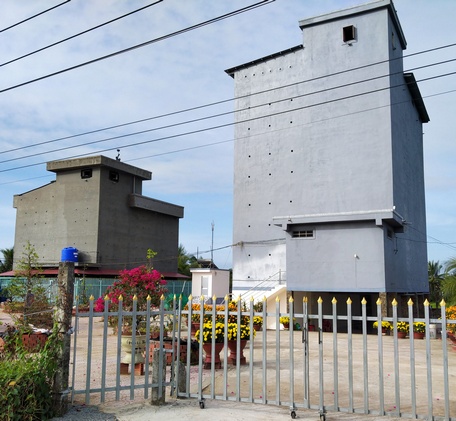 |
| Vinh Long focuses on supporting policies for sustainable development of the bird's nest farming industry. In the photo: A bird's nest farm in Hoa Tinh commune, Mang Thit district. |
The profession of raising swiftlets indoors has been present in Vinh Long for about 5 years now, the profession is stable, bringing significant economic efficiency to breeders. The functional sectors of the province have been implementing many policies to support the sustainable development of the profession of raising swiftlets.
Lots of potential
Vinh Long has the potential to develop the bird's nest farming industry because the natural conditions are very suitable for this industry, such as: relatively cool and stable climate, average annual temperature from 27-28oC, fresh air, little pollution, lots of trees, many canals, rivers, large fields, creating a comfortable flying space and providing a rich and abundant food source for the birds.
Quiet space, increasing the ability to attract swiftlets to live and develop. In addition, it also approaches the relatively large flock of swiftlets in neighboring provinces.
According to the Provincial Department of Animal Husbandry, Veterinary and Aquatic Products, the number of bird nest houses tends to increase. At the end of 2020, there were 62 houses in the province, most concentrated in Binh Minh Town and Long Ho District. By May 2023, there were 101 bird nest houses, distributed in 8 districts, towns and cities with a bird nest output supplying the market of about 300 kg/year. According to the assessment, most bird nest farming households comply with regulations on farming areas, environmental protection and disease prevention and control.
The bird's nest farming profession requires a large investment capital to build houses for the birds to live in along with equipment to attract the birds. The cost of buying breeds and food is insignificant, because the birds come to live by themselves and their food is small flying insects in nature, such as brown planthoppers, green planthoppers, termites, flies, mosquitoes, etc. These are pests in agriculture , so the bird's nest is used to protect crops.
On average, a 5-storey bird's nest house has an investment cost of over 5 billion VND (excluding construction site).
Mr. Nguyen Ngoc Hoa (47 years old), manager of a bird house in Son Dong hamlet (Thanh Duc commune, Long Ho district) said that although building a bird house brings high income, the investment capital is large and the risk is also high, it takes at least 3-4 years and sometimes 6-7 years to recover the capital. In other provinces, some households also suffered heavy losses because after building a house, the birds only flew around the house and did not come in or came in very little.
The bird's nest house managed by Mr. Hoa has only been in operation for 2 years. There are not many birds living there. On average, 1kg of bird's nest can be harvested once every 3 months. The selling price of bird's nest is 26 million VND per kilo. If the nest is cleaned, it can cost up to 35 million VND.
Support sustainable aquaculture development
In order for the farming profession to develop sustainably, in recent times, the provincial authorities have created favorable legal conditions for farming households to operate (such as granting permits for house construction, granting permits for raising swiftlets, etc.).
At the same time, we also pay attention to checking and reminding birdhouse owners to ensure compliance with regulations in their operations, especially regarding noise when using lure sounds and environmental pollution around the farming area.
Based on Decree 13/2020/ND-CP dated January 21, 2020 of the Government on detailed guidance on the Law on Animal Husbandry, on September 9, 2021, the Provincial People's Council issued Resolution No. 5/2021/NQ-HDND stipulating areas where animal husbandry is not allowed and areas for raising swiftlets in the province, in order to adjust animal husbandry activities, contribute to reducing environmental pollution, preventing and fighting epidemics and bringing the province's animal husbandry industry to sustainable development.
This is the basis for localities to implement, especially licensing and management of farming areas. The Resolution is effective until January 1, 2025.
In addition, the resolution also stipulates support policies on training, job conversion and credit support when relocating livestock facilities out of areas where livestock farming is not allowed, including birdhouses.
The province has issued policies to attract investment in the agricultural sector, specifically in Resolution No. 11/2020/NQ-HDND dated July 7, 2020 of the Provincial People's Council stipulating credit support policies to encourage businesses to invest in agriculture and rural areas in the province.
Accordingly, enterprises wishing to invest in the livestock sector in general and bird's nest farming in particular will be supported with credit with a loan limit of no more than 70% of the total investment of the project; specifically: The interest rate support level is equal to the difference between the commercial loan interest rate and the preferential state credit interest rate calculated on the actual outstanding debt at the time of reviewing the support application, not exceeding 10 billion VND/project...
According to information from the Department of Animal Husbandry, Veterinary Medicine and Fisheries, China is the world's largest consumer market for bird's nests, with an import output of 180-300 tons/year in recent years and our country's bird's nest products are mainly exported to this country.
At the end of 2022, the Ministry of Agriculture and Rural Development of our country and the General Administration of Customs of China signed a Protocol on quarantine, inspection and veterinary hygiene for bird's nest products exported from Vietnam to China, the decree takes effect from November 9, 2022. This is an important opportunity and driving force for the Vietnamese bird's nest industry to develop, ensuring stable output for products, bringing very high economic benefits to the country and localities.
The provincial Department of Animal Husbandry, Veterinary and Fisheries has developed a plan to disseminate regulations on exporting bird's nests to China according to the instructions of the Ministry of Agriculture and Rural Development and the Department of Animal Health to businesses and suppliers in the province to know and proactively organize the correct implementation of the contents of the signed protocol.
Article and photos: MY TRUNG
Source






















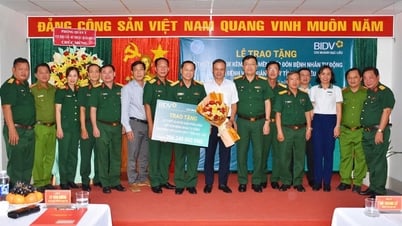











![[Photo] Nearly 104,000 candidates in Hanoi complete procedures to take the 10th grade entrance exam](https://vphoto.vietnam.vn/thumb/1200x675/vietnam/resource/IMAGE/2025/6/7/7dbf58fd77224eb583ea5c819ebf5a4e)






























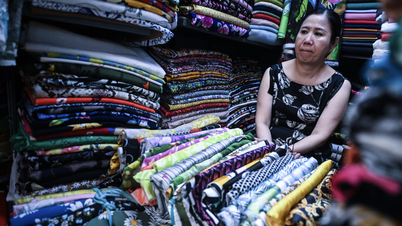










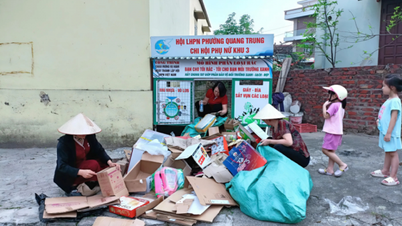







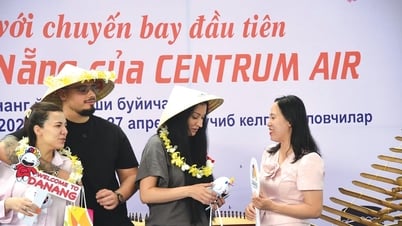
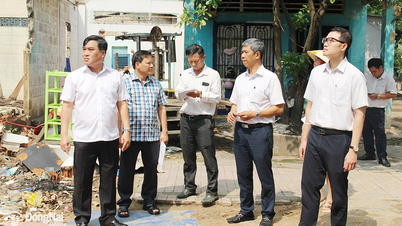








![[OCOP REVIEW] Tu Duyen Syrup - The essence of herbs from the mountains and forests of Nhu Thanh](https://vphoto.vietnam.vn/thumb/402x226/vietnam/resource/IMAGE/2025/6/5/58ca32fce4ec44039e444fbfae7e75ec)






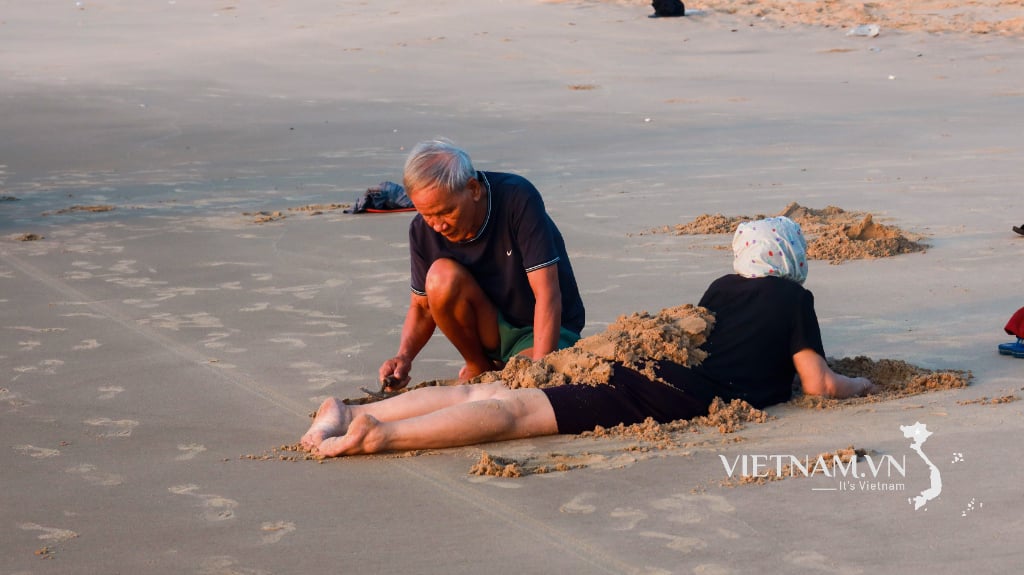
Comment (0)